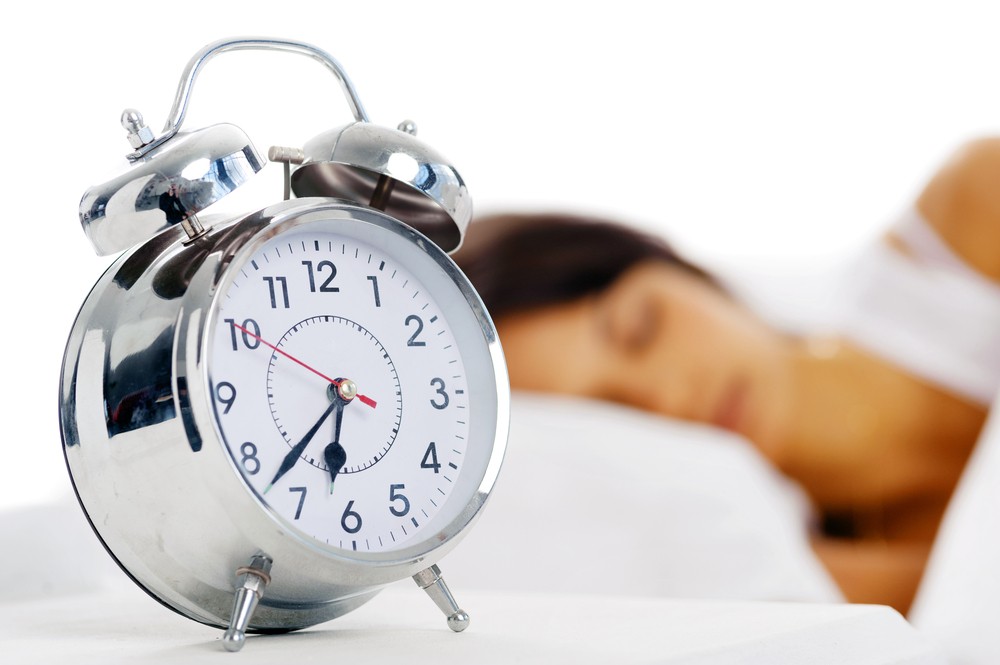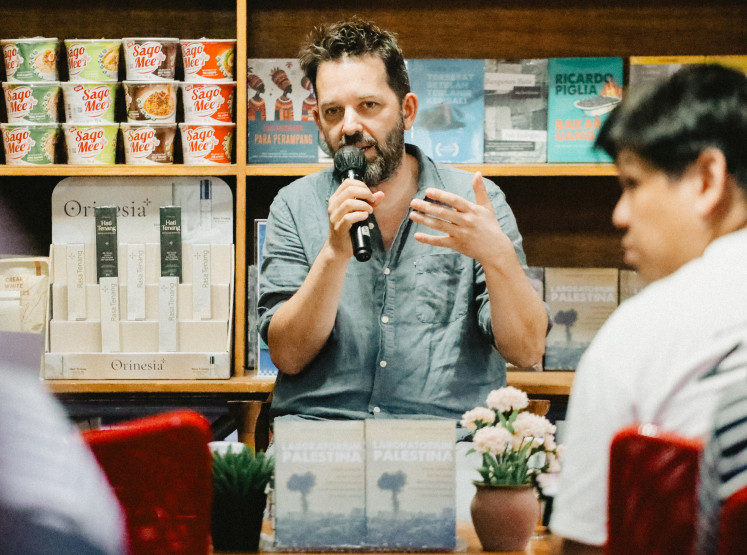Popular Reads
Top Results
Can't find what you're looking for?
View all search resultsPopular Reads
Top Results
Can't find what you're looking for?
View all search resultsWe sleep to forget unnecessary details: Study
Change text size
Gift Premium Articles
to Anyone
 In 2003, two biologists at the University of Wisconsin-Madison, Giulio Tononi and Chiara Cirelli, proposed the idea that the synapses in our brain grew so rapidly during the day that they would become too “noisy”, and that sleep would be a way for the brain to lift signals over the noise, as quoted in sciencemag.org. (Shutterstock/File)
In 2003, two biologists at the University of Wisconsin-Madison, Giulio Tononi and Chiara Cirelli, proposed the idea that the synapses in our brain grew so rapidly during the day that they would become too “noisy”, and that sleep would be a way for the brain to lift signals over the noise, as quoted in sciencemag.org. (Shutterstock/File)
T
o this day, no one knows the exact reason we sleep. Scientists have come up with many theories: that it is a way to conserve energy, or maybe to let the brain regenerate and clear waste. No matter the theories, the real answer is still unclear.
But a pair of papers published recently in the Science journal offers evidence for another theory: that we sleep to forget certain things we learn each day.
In 2003, two biologists at the University of Wisconsin-Madison, Giulio Tononi and Chiara Cirelli, proposed the idea that the synapses in our brain grew so rapidly during the day that they would become too “noisy”, and that sleep would be a way for the brain to lift signals over the noise, as quoted in sciencemag.org.
Since 2003, Tononi and Cirelli along with others have found additional evidence to support their claims, known as the synaptic homeostasis hypothesis. For example, scientists gave neurons a drug that allowed them to grow extra synapses, and the neurons would then tend to cut back on additional growth. Supplementary evidence comes from electric waves released by the brain, especially during deep sleep. It is during this time when the brain waves slow down, so Tononi and Cirelli have argued that it is the shrinking synapses that are producing this change.
(Read also: Experts weigh in on the right amount of sleep)
While this evidence is indirect, it is promising. The doctors acquired permission to test on mice, and Luisa de Vivo, an assistant scientist working in their lab, led a survey of brain tissue taken from mice, some of which were awake while the others were asleep. She and her team examined the almost 7,000 synapses, and what they found was unexpected. Data showed that the synapses in the brains of sleeping mice were 18 percent smaller than in awake ones. “That there’s such a big change overall is surprising,” Tononi stated.
There was an additional study lead by Graham H. Diering, a postdoctoral researcher at Johns Hopkins University. Diering and his team set out to research the hypothesis by focusing on the proteins in mouse brains.
In one experiment, the team created a tiny window through which they could see directly into mouse brains. They then added a chemical that would light up a surface protein on the synapses. By looking through the window, they found that the number of surface proteins dropped during sleep, which would be expected if synapses were shrinking, according to sciencemag.org.
(Read also: Creating good sleeping habits)
In another experiment, scientists gave mice a memory test. They put them in a room where if they were to walk to a certain section, they would get a mild shock. Later the scientists injected a chemical that had been shown to block neurons from pruning their synapses into the brains of some of the mice. The next day, the scientists put all the mice back in the same chamber. Both groups of mice spent much of the time frozen in fear as they could all still remember the shock.
But afterward, when the mice were put in a different chamber, the team saw a big difference. The control mice wandered around and explored. Contrarily, the mice that had been prevented from pruning their brain synapses while asleep were yet again frozen with fear. Diering reasons that the injected mice couldn’t recall the exact chamber where they had gotten the shock. Without regular nighttime pruning, their memories ended up unclear.
But Markus H. Schmidt, of the Ohio Sleep Medicine Institute, still wonders if this is the final answer, according to nytimes.com. “The work is great, but the question is, is this a function of sleep or is it the function?” (sul/kes)










